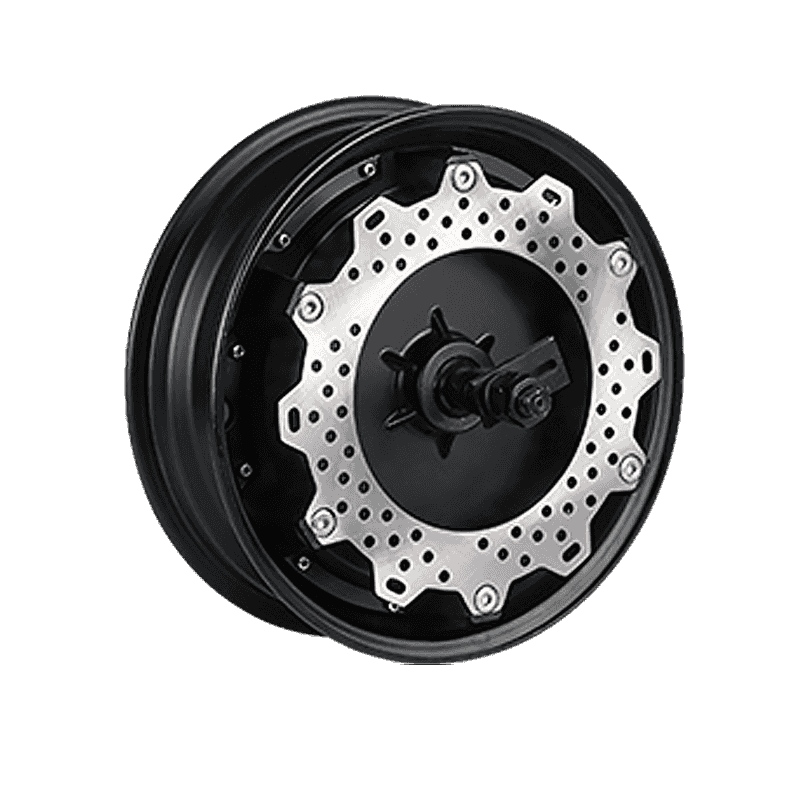High efficiency and energy saving: The new generation of motor technology uses advanced electromagnetic design and materials to improve energy conversion efficiency. Compared to traditional motors, the new technology is able to convert electrical energy into mechanical energy with higher efficiency, reducing energy loss and thus improving overall energy utilisation.
High torque and power output: The new motor technology delivers higher torque output, enabling electric vehicles to perform better when starting, accelerating and climbing hills. This means that electric vehicles can deliver comparable power performance to conventional fuel vehicles while reducing their environmental impact.
Quieter and less vibration: Conventional vehicles with internal combustion engines are often accompanied by loud engine sounds and vibrations. Electric vehicles, on the other hand, use motors that typically run smoother, reducing noise and vibration. This provides a quieter and more comfortable ride for the rider, while also improving noise pollution in urban environments.
Intelligent and adjustable: Modern motor technology is often combined with intelligent control systems that can intelligently adjust power output according to different needs and road conditions. Users can personalize the power settings via mobile apps or in-vehicle control panels, improving the safety and comfort of the ride.
Sustainable development: Electric vehicles use batteries as energy storage devices, while motors are key components that convert electrical energy into mechanical energy. The development of new-generation motor technology not only improves the range of the battery but also reduces the energy consumption of the motor, thus contributing to sustainable development and the reduction of carbon emissions.
Recommended Products
Products provided by famous enterprises are deeply trusted by users.


 English
English
















